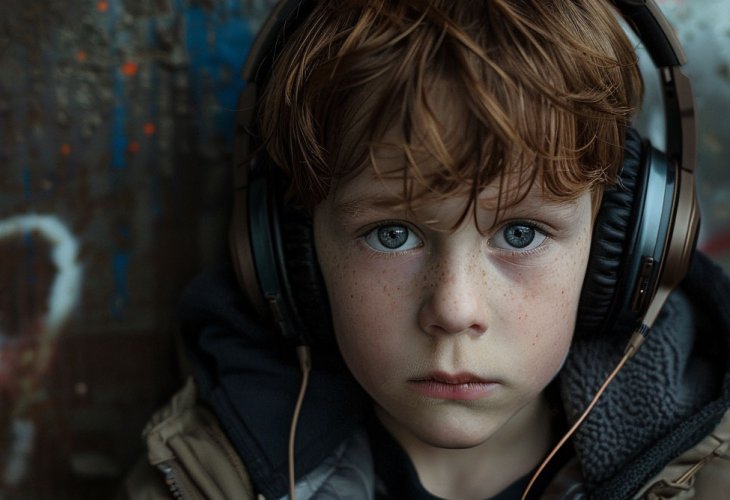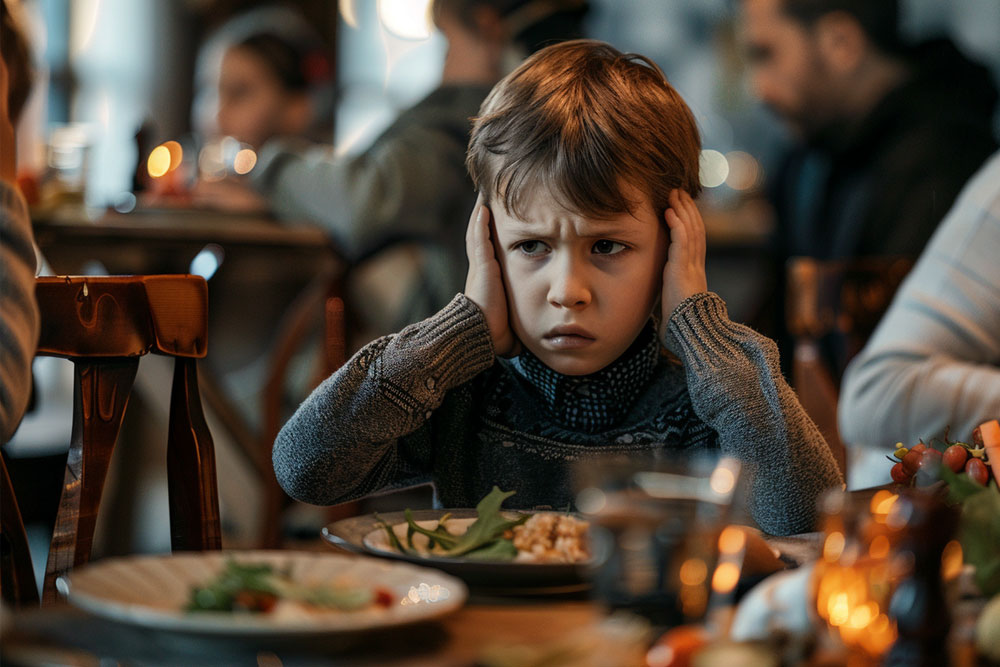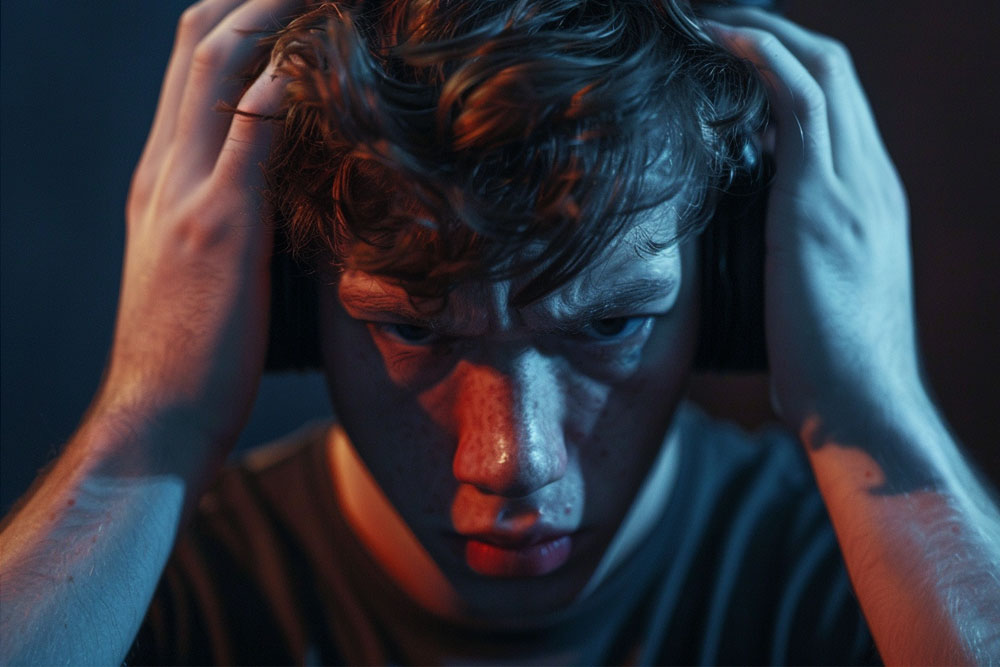Is Chewing Driving You Crazy? You Might Have Misophonia
Dinner table crunches, the sound of a cup dropping, or even someone's breathing next to us. For most, these are just everyday noises. But for those with misophonia, these sounds are perceived as threats, causing stress, irritation, and sometimes aggressive reactions. What is misophonia and how can it be managed? Without the Background Noise.

When Ido (a pseudonym) angrily shouted at his brother to stop chewing next to him or else he'd hit him, his mother, Rinat, realized there was a problem. For months, Ido had shown discomfort and grumbled at anyone eating near him. But this time, he crossed the line and became aggressive. On impulse, Rinat Googled, "Gets upset with chewing sounds around him," and to her surprise, she discovered that Ido wasn’t just "going crazy" over chewing sounds – he is simply misophonic.
What is Misophonia?
Misophonia is defined as auditory sensitivity, or "hatred of sound." It’s a neuropsychiatric disorder characterized by negative emotions triggered by specific sounds. It involves a very specific intolerance to certain sounds, with chewing being the top offender. Sound familiar?
Currently, misophonia is not classified as a separate psychiatric disorder, but that doesn’t mean those who suffer from it don’t experience distress and anxiety. people with misophonia feel irritation or anxiety in the presence of certain sounds: chewing, drinking, snoring, swallowing, and even typing or coughing at times. These sounds trigger an anxiety or stress response, manifesting in symptoms of a "fight or flight" reaction: muscle tension, helplessness, and increased heart rate. In simpler terms, a misophonic person perceives the sound as a real threat and becomes agitated.

Living with Misophonia
Do you know those who can't sit through Shabbat dinners because the crunching around "drives them crazy"? Or perhaps one of your children constantly tells people to "chew with their mouths closed" and seems genuinely distressed by the noise? They might be misophonic. And yes, they truly suffer.
So how do individuals cope with misophonia? There are various methods, all centered around avoiding the disturbing sounds. Many misophonics gradually find solutions: some deliberately avoid joining meals, dining at restaurants, or any activities involving communal eating – which might label them as "unsociable." Some use headphones or music to reduce sensitivity, while others seek psychological therapy to handle the situation.

Is There a Real Treatment?
Thankfully, with advances in research and medicine, new and innovative solutions for misophonia are emerging. Cognitive-behavioral therapy (CBT) is highly recommended for those suffering from the issue, along with cutting-edge technologies like various apps and devices designed to reduce noise and create quieter environments.

Either way, knowing there's a name for the problem and that it’s not about general impatience or unsociability, can already provide relief for those affected and, with Hashem's help, assist in finding an appropriate and encouraging solution.
Know someone with misophonia? Share this article with them, they'll thank you.

